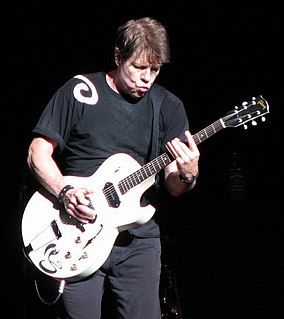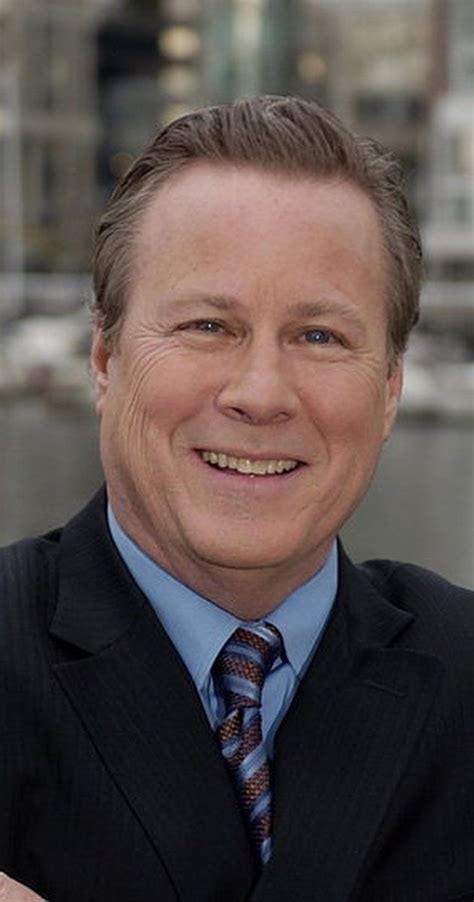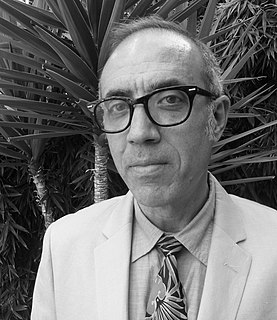A Quote by Pam Grier
Related Quotes
The only place where you could see life and death, i. e., violent death now that the wars were over, was in the bull ring and I wanted very much to go to Spain where I could study it. I was trying to learn to write, commencing with the simplest things, and one of the simplest things of all and the most fundamental is violent death.
I like to shoot beautiful things. My two previous movies were one in the '60s, the other one in the '50s, and this one is in the '20s. This is a period that's very cinegenic. The cars, the props, the suits, the haircuts, the dresses, everything, and it gives you pleasure to compose frames with that material. The music, I really love jazz, so for me, when you have good materials and nice things, it's very pleasant.
I think Hollywood has gone in a disastrous path. It's terrible. The years of cinema that were great were the '30s, '40s, not so much the '50s...but then the foreign films took over and it was a great age of cinema as American directors were influenced by them and that fueled the '50s and '60s and '70s.
Love is also a very violent thing. Totally violent. Suddenly, you are, like, at this party your friends invite you to, and you meet this person, and your life is turned upside down, and the next day you can't stop thinking about them. That's violent. Hopefully, it's for the better, but it's a violent thing.
I'm not a big fan of violent movies, it's not something I like to watch. And it's not my aim or goal to make a violent movie. My characters are very important, so when I'm trying to depict a certain character in my movie, if my character is violent, it will be expressed that way in the film. You cannot really deny what a character is about. To repeat, my movie end up becoming violent, but I don't start with the intent of making violent movies.
There were a lot of things in it that were important at the time to me. Cutter's Way movie was very relevant. And I wanted Cutter to succeed as a vet, as a guy coming back from 'Nam, because there were so many guys like that. And there were so many other movies at the time, like Apocalypse Now, Coming Home, and The Deer Hunter, that it was really important that the movie be believable, that I come across a pissed-off vet who'd been there and comes home angry.
Coming from a sort of very rigid European type of training to this culture which is just a little more open - a lot more open, and kind of curious, and asking different sorts of questions.Because the problem for me was that the European modernist movement in the '70s was all about right or wrong. Some things were right and you were dealing with the truth, as it were, and then some things were wrong and therefore not allowed.



































